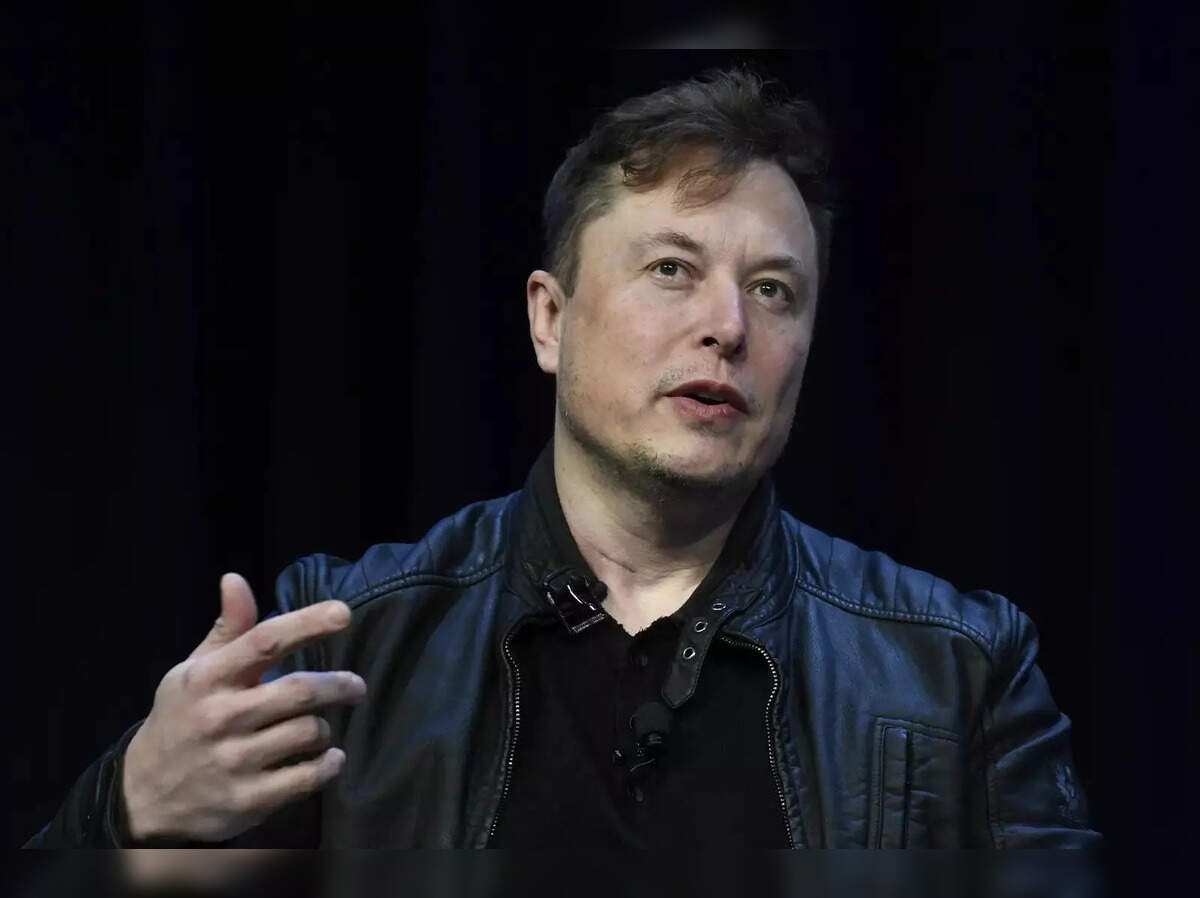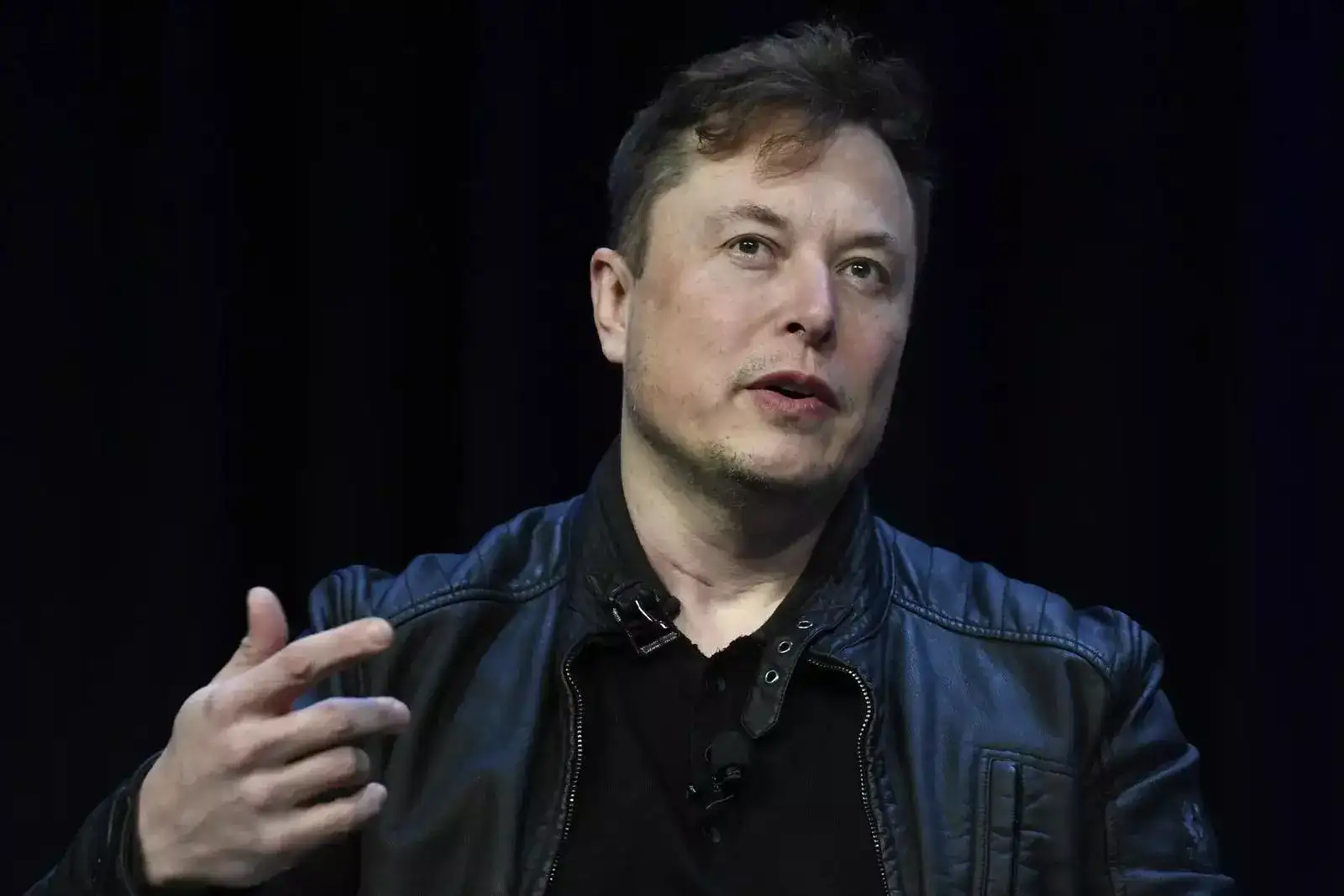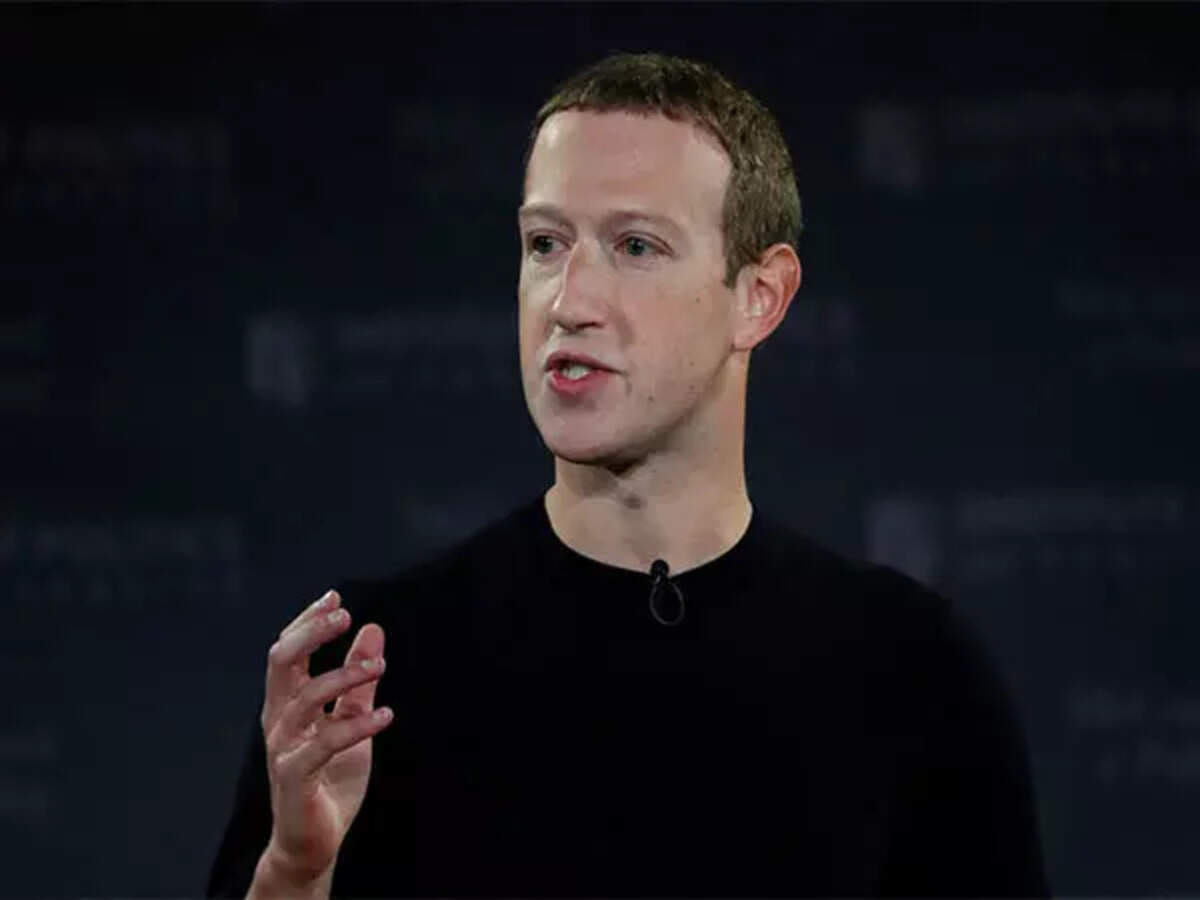The matter has raised questions over the Information Technology Act, 2000 provisions that mandate taking down problematic content and grant ‘safe harbour’ to intermediaries that host it.
We take a look at arguments set forth so far by both parties and their prospective implications:
X demands freedom of speech
In its plea before the Karnataka High Court, X has asked for the scrapping of Rule 3(1)(d) of the Information Technology Rules as unconstitutional. It also wants the court to declare that the government cannot take down content under Section 79(3)(b) of the IT Act, 2000, and only the procedure under Section 69A of the Act, read with the IT Rules, allows it.
Rule 3(1)(d) of the IT Rules, 2021, mandates that intermediaries should take down unlawful content following a court order or appropriate government notification under Section 79(3)(b) of the IT Act, 2000, which rescinds ‘safe harbour’ against criminal liability granted to such entities if they fail to take down information after being notified.
X has been vocal about takedown orders from the government, calling them unjustified and detrimental to its business in India.
In a hearing earlier this month, KG Raghavan, representing X in the matter, had told the court that every “Tom, Dick, and Harry” government official had been authorised to issue content takedown orders, which evoked sharp rebuke from the government’s counsel.
Notably, the legal spat is unfolding as Musk is looking to launch and expand his companies—Tesla and Starlink—in India.
Also Read: ETtech Explainer: Behind Elon Musk’s lawsuit against the Indian government
Centre demands accountability
The Indian government has been proposing regulations for content on social media platforms to curb the proliferation of harmful content.
Representing the central government, Solicitor General Tushar Mehta stated that X has been trying to shirk its responsibility by hiding behind ‘safe harbour’ provisions. The platform allowing unlawful content in the name of free speech is endangering democracy, Mehta argued.
During the hearing on Friday, the law officer presented before the court a verified account of the ‘Supreme Court of Karnataka’ on X to make the point that creating fake accounts and getting them verified are easy on the platform.
“We have created an AI-generated video where Your Lordship appears to speak against the nation. It’s unlawful, but it doesn’t fit any category under Section 69A,” Mehta told the single-judge bench of Justice M Nagaprasanna, pressing his point that many instances of online harm fall into a regulatory grey area.
Mehta explained that the legal framework includes both severe and minimal interventions and advocated for cautious, proportionate responses in certain cases.
The court will now hear the matter next on July 25.
Crackdown on social media
In the wake of the Pahalgam terrorist attack in April, several social media accounts across platforms were blocked by the Indian government to check the spread of misinformation amid heightened bilateral tensions. While the accounts were primarily from Pakistan, some Indian accounts were affected in the action as well.
On May 9, X blocked its own Global Government Affairs account, a day after revealing that it was asked by the government to restrict 8,000 accounts of prominent news organisations and individuals. The social media platform said the government threatened significant fines and imprisonment of its employees upon failure to comply. The account was later restored.
Also Read: MeitY rejects X claim on block orders; no plan to ban handles
On July 6, official accounts of the global news portal Reuters and Reuters Global were withheld in India. While the IT Ministry denied issuing any order to this effect, X said that it was asked to block 2,355 accounts, along with the two from Reuters, under Section 69A of the IT Act.
In response, the government blamed X for delaying the restoration of the two accounts and denied its claims that it wanted to block any international news sites.
Question mark over safe harbour
The ongoing spat has also brought into focus the ‘safe harbour’ accorded to internet intermediaries against third-party content they host. In his arguments, Mehta has noted that safe harbour is not an absolute right but a privilege granted to intermediaries who adhere to laws.
In a written submission to a parliamentary committee, the government had said that it is reconsidering the concept of safe harbour to curb the spread of fake news. Changes in provisions would affect all social media platforms operating in India, not just X.




